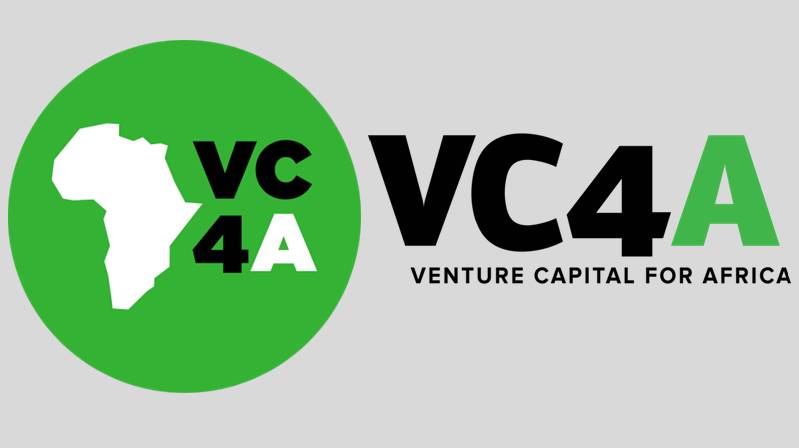Venture Capital for Africa (VC4A) and African Business Angel Network (ABAN) announce the 6th edition of its Africa Early Stage Investor Summit (#AESIS2019)
VC4A and ABAN are pleased to announce the 6th edition of the Africa Early Stage Investor Summit (#AESIS2019). The Summit will take place from 13-15 November at Workshop17 at the V&A Waterfront in Cape Town, South Africa. The conference brings together leading investors from Africa and beyond to network, exchange insights, create partnerships and make deals. This event is designed ‘for investors, by investors’.
What’s in store at #AESIS2019
The Summit’s speakers and guests hail from the leading angel networks, venture capital (VC) funds, impact investors, accelerators, corporate venture divisions, industry associations, and the public sector.

The number of Africa-focused angel investor networks and investment funds are rapidly growing and maturing, bringing both critical challenges and greater opportunities for venture capital funding on the continent. Summit delegates will explore developments in Africa’s early-stage investment space and will set the agenda for the coming years.
Day 1 on 13 November is ‘Academy Day’, which includes a series of interactive masterclasses and workshops, ending with a welcome cocktail reception. Day 2 on 14 November is the main Summit Day and will include inspiring keynote presentations by industry leaders and roundtable discussions, and it will end with an Investor Dinner.
Day 3 on 15 November is the optional Innovation Tour featuring insightful visits to key start-up hubs, accelerator programs and scaled up start-ups in the Cape Peninsula area. The detailed program is being finalized.
Announcing Naspers Foundry’s 2019 partnership
Naspers Foundry will be sponsoring the Summit’s main cocktail reception on 14 November and will be contributing to the Summit’s program development. Naspers Foundry is an R1.4 billion start-up funding initiative aimed at boosting the South African technology sector. As well as providing much-needed funding, Naspers Foundry helps talented and ambitious technology entrepreneurs develop and grow businesses that improve people’s daily lives.
“At Naspers, we believe in backing local entrepreneurs in growth markets and helping them by leveraging our global scale and experience. The Africa Early Stage Investor Summit provides a unique opportunity for Naspers to engage with like-minded investors and ecosystem partners from across the continent as we build out Naspers Foundry, and our broader investment ambitions”, said Phuthi Mahanyele-Dabengwa, CEO South Africa, Naspers.
Building on the success of 2018
The 2018 edition brought together over 300 investors from prominent African angel networks and VC funds to identify and address the critical gaps in the early-stage investment space going into 2019.
At the 2018 Summit, a number of successful partnerships were created, including a new partnership between South Africa’s Technology Innovation Agency (TIA), a public entity and the South African angel investor networks, Dazzle Angels and Jozi Angels. ABAN also signed an MoU with the African Union to deepen their collaboration to support entrepreneurship across the continent.
Additionally, L’Afrique Excelle, the Francophone edition of the World Bank Group’s XL Africa post-accelerator, formally launched at the 2018 Summit. The programme brought an unprecedented spotlight and momentum to French-speaking African growth stage start-ups. Over 30 VC funds including the IFC, ODV, Proparco, Outlierz Ventures and Compass VC formally signed up as investment partners for the program, with most of these partnerships formed over the two days of the Summit.
VC4A Venture Showcase – Series A
In 2017 and 2018, the Summit also featured a venture showcase of leading African digitally-enabled scale-ups from across the continent, resulting in a number of series A deals totaling over $15 million.
In the 6th edition, ten growth-stage companies that have been selected and vetted by Africa’s leading VCs will be introduced in the showcase. These companies represent a new class of investment opportunities across the continent.
The selected ventures have strong revenues, are well-positioned for regional and international expansion, and demonstrate important innovations that are disrupting industries like agriculture, healthcare, housing, transportation, and finance.
Kelechi Deca

Kelechi Deca has over two decades of media experience, he has traveled to over 77 countries reporting on multilateral development institutions, international business, trade, travels, culture, and diplomacy. He is also a petrol head with in-depth knowledge of automobiles and the auto industry.









